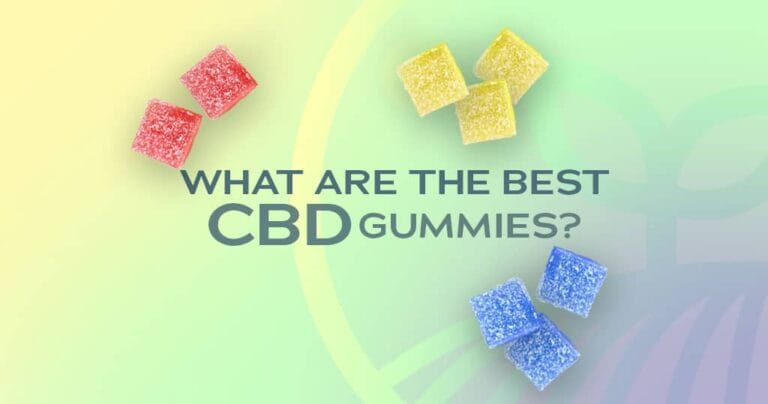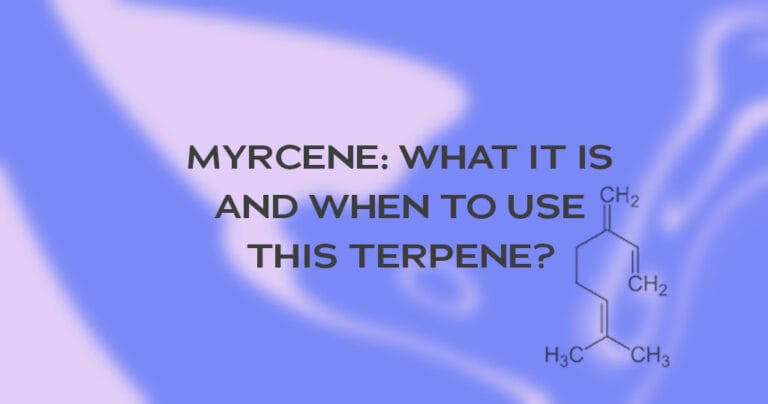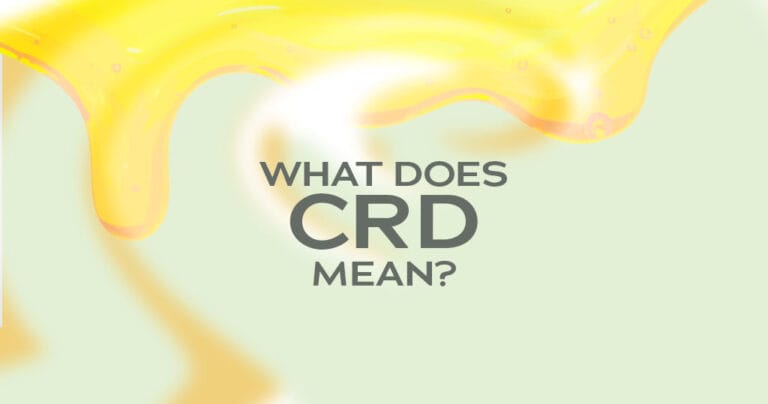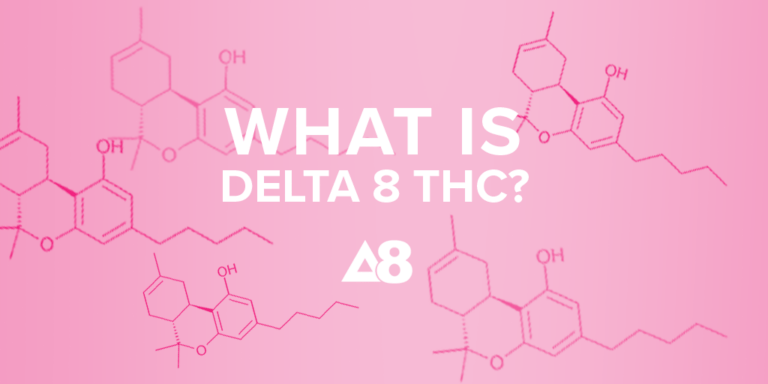THC-O Acetate: Hemp Sparks Imagination and Critical Concern

THC-O Acetate: Hemp Sparks Imagination and Critical Concern
If this is the first time you’ve heard of THC-O, then it’s probably making your head spin.
With cannabis"Cannabis" is a broad term that refers to a flowering plant scientifically known as Cannabis Sativa L. The term is commonly used to describe the cannabis plant and its products... More hemp being legalized across many states, people are becoming aware of these other compounds that create a “high”, most recently THC-O. But do they really work? Are they safe to consume? What is the legal status? Why do they affect us so greatly?
Join us on this journey as we uncover the mysterious cannabinoid, THC-O-acetate.
What is THC-O?
THC-O is an abbreviation of THC-O-acetate, a psychoactive cannabinoid that is becoming popular due to its enhanced euphoric effects. It is THC (typically delta-8 THC) with an acetate group that is chemically bound to the main THC molecule, which is believed to result in a form of THC that is able to bind to receptors at a higher rate.
Although it was discovered decades ago, it has only gained popularity in the U.S. after hemp and hemp derivatives were legalized with the 2018 Farm Bill. Its other common names are ATHC, THC-O-A, THCOA, or THC-O distillate.
It is a compound created using highly specialized production processes and should only be done under controlled laboratory conditions due to the health risks involved. Safety measures are critical due to the need for combining delta-8 THC and acetic anhydride during the reflux process.
Due to this, the production of THC-O acetate has sparked concerns among some in the licensed cannabis and hemp industry. These concerns have been curbed by the emergence of new proprietary methods that claim to not use harmful substances during the creation process. Safety reports showing end products do not have those chemical residues will be critical to earning consumer trust. Either way, this is considered one of the most harmful of all the cannabinoids"Cannabinoids" are a diverse group of chemical compounds found in the cannabis plant, Cannabis sativa. These compounds interact with the body's endocannabinoid system, influencing various physiological processes. Both endocannabinoids that... More and should be avoided.
What do THC-O effects feel like?
THC-O is a type of THC, known as an analog, that is different than regular THC and other THC isomers. It metabolizes in our bodies unlike other prominent cannabinoids and may not break down as it is digested which will prolong the effects.
According to author D. Gold’s personal account from his 1974 book Cannabis Alchemy: Art of Modern Hash Making, “The effect of the acetate is more spiritual and psychedelic than that of the ordinary product.” (1) (meaning tetrahydrocannabinol, aka Delta-9 THC)
Ultimately, after asking several users to reflect on the primary effects experienced, they reported as follows:
- remember to take it slow
- onset and activation time are long (~25-30 min to “come up”)
- heavy eyes
- slightly increased appetite
- euphoric/dreamy/inspiring
- once it wears off, some drowsiness can occur
Is THC-O safe to consume?
Many people believe that THC-O is safe to consume. (they have used it without issue, so far) Ultimately, within the scientific literature, there is limited information about the safety of THC-O consumption and we recommend consulting a doctor or speaking with their physician prior to using any cannabinoids.
The compound takes about 20 to 30 minutes to kick in. This may lead to overconsumption easily for anyone that does not take the advice, low and slow.
There are wide variations in product quality right now, early in the compound’s commercial emergence as producers develop better techniques. Due to the challenging production process to create this cannabinoid that isn’t naturally occurring, it should never be made outside of licensed facilities. Most consider this an unsafe cannabinoid to use with the human body.
Is THC-O acetate illegal?
There is no clear consensus on whether or not THC-O acetate is illegal, but it seems likely that it would fall under the same definition as other THC cannabinoids such as D8 or D9.
THC-O acetate is a cannabinoid created by a multi-step process of the cannabis or hemp plant. When created using the hemp plant it is federally legal due to the 2018 Farm Bill. (2)
However, on a state-to-state basis, the exact legality is unclear. As states have yet to make a statement regarding THC-O it is still up in the air. Some states have created legislation banning psychoactive THC classifications due to the popularity of delta-8 THC. In these states, it may fall under that pretense and be considered illegal.
To be safe, if you are interested in purchasing THC-O products please check your local and state laws for the latest updated information.
List of Popular Hemp-Based THC Derivatives:



Is THC-O stronger than delta-9?
THC-O is approximately 300% stronger than regular THC. However, everyone is different, so the effects of THC-O will vary from person to person. THC-O can stimulate the receptors in your body in a way that regular THC can’t. These mechanisms are still misunderstood.
Although research will need to study this further, because of the extra potency some people believe it can be a viable candidate for pain relief.
Is Delta-8 THC the same as THC-O?
No, they are different compounds that relate to each other. Delta-8 THC and THC-O are both either isomers or analogs of tetrahydrocannabinol (THC).
Delta-8 THC is used in some of the processes used to create the acetate version of THC.
Delta-8 is known to be similar in effects to THC-O except not as strong, which users may prefer if they are looking for an experience free from paranoia.
Related: What is Delta-8 THC?
What is stronger THC-O or HHC?
THC-O is considered to be stronger than HHC. While HHC also binds to the CB1 receptors it has been shown to have less strength indicating that it has less of an intoxicating effect. Hexahydrocannabinol is typically made from CBD, delta-8 THC, or delta-9 THC.


Notice the similar overall structures that differ with HHC having no double bonds (in the upper right) where other THC isomers do.
How does delta-10 compare to THC-O?
Just like other THC isomers and analogs, they are no match for the strong effects of THC-O. Delta-10 is considered to have an effect that can be more “sativa” meaning cerebral and heady instead of the body buzz effect. THC-O acetate is considered intoxicating to a point of being more euphoric.
Where can I buy THC-O products?
THC-O products can be purchased in stores and online in states where it is permitted.
THC-O Summary
- It is estimated to be 3 times more potent than delta 9 THC
- It is estimated to be 5 times more potent than delta 8 THC
- There’s no evidence to suggest it is particularly safe
- It is available in many different forms of product
- It should not be used by pregnant women or people who are breastfeeding because it may have harmful effects on their unborn children. (no ones knows the consquences yet)
- It can take up to 20-30 minutes to start working, and the effects can last for much longer than D8 and D9
- There are no known side effects of using it, but always consult your doctor before starting treatment if you have any pre-existing medical conditions or allergies.
In conclusion, it is clear that THC-O has a lot of unknowns surrounding it. More research is needed before any conclusions can be made, but it’s important for people to keep an keen mind about the possible benefits and drawbacks of this compound.
Resources:
- Gold D, Hoye D. Cannabis Alchemy: The Art of Modern Hashmaking: Methods for Preparation of Extremely Potent Cannabis Products. Berkeley, CA: Ronin Pub.; 1974 Revised 1989.
- 2018 Hemp Farm Bill. Accessed January 30, 2022. https://www.usda.gov/topics/hemp






